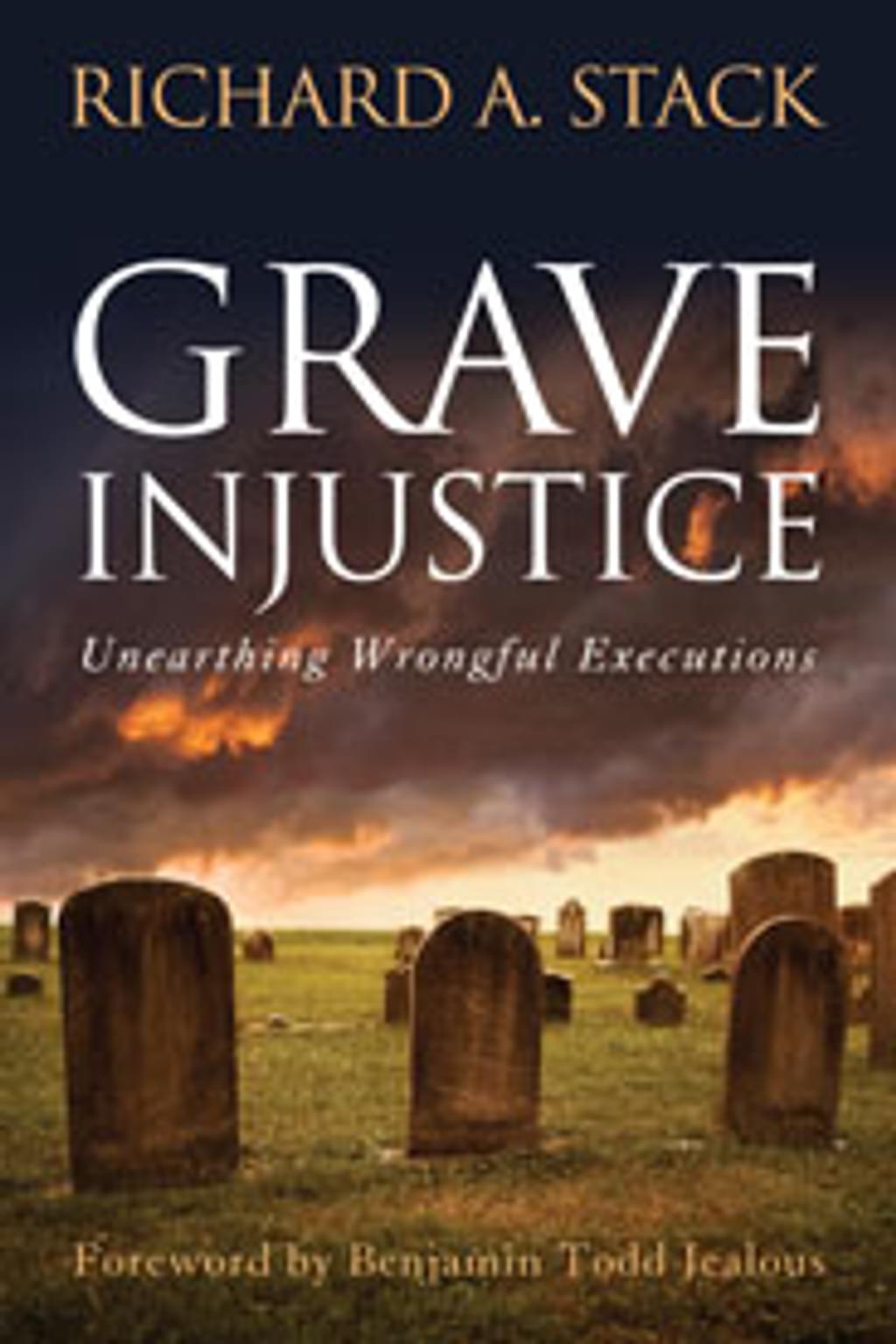
Grave Injustice, a new book by Richard Stack, presents a critical examination of the death penalty through profiles of individuals who were executed but may have been innocent. Their stories are used to illustrate flaws in the death penalty, including faulty eyewitness identification, government misconduct, and ineffective representation. In examining these problems, Stack writes that the possible end of the death penalty “will not be based on its immorality…but on its poor track record… and its overwhelming lack of cost-effectiveness.” In the second half of the book, the author profiles prominent individuals involved in this issue, including Sr. Helen Prejean and Martina Davis-Correia, the sister of Troy Davis, who was executed in 2011. Reviewer Mary Kelly Tate, Director of the Institute for Actual Innocence, said, “Stack uses his reportorial skills to distill the complex subject of the American death penalty into a digestible form, yet he never cuts corners with the human dimension.”
Richard Stack is a professor in the School of Communication at American University. The book contains a foreword by Benjamin Todd Jealous.
(R. Stack, “Grave Injustice: Unearthing Wrongful Executions,” Potomac Books, 2013; DPIC posted Sept. 26, 2013). See Innocence and Books.
Innocence
Feb 23, 2024




